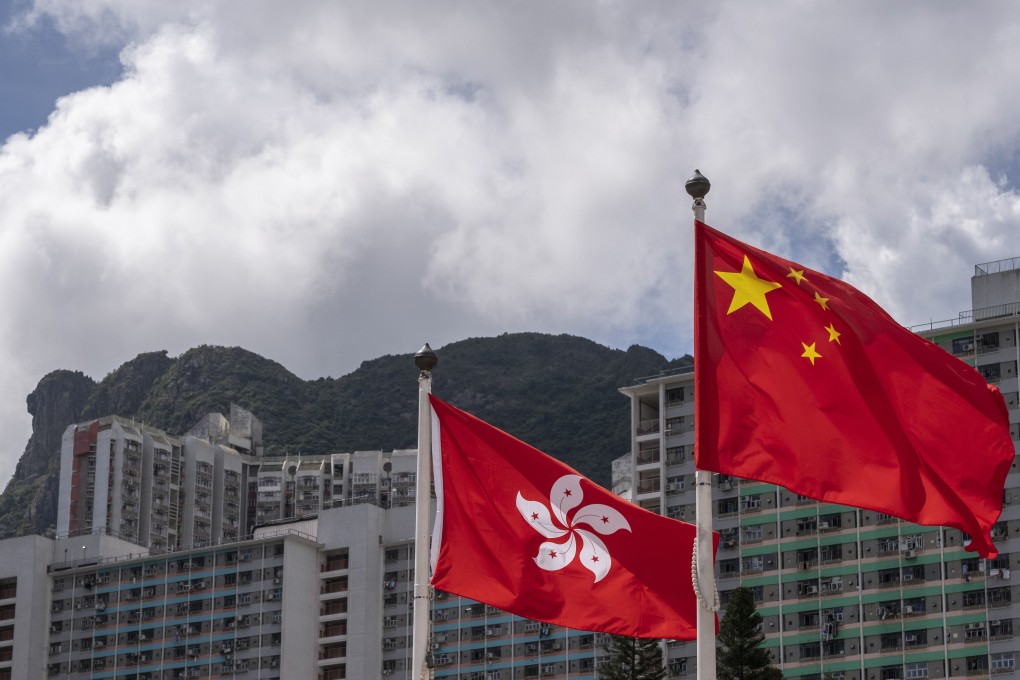Portuguese envoy pledges ‘humanitarian’ support for Hongkonger detained in mainland China
- Kok Tsz-Lun, who holds a Portuguese passport, was among 12 people from Hong Kong who allegedly tried to flee the city for Taiwan by boat
- The consul general says government intervention from Portugal will be limited to ensuring the student is treated with dignity and has access to a lawyer

Portugal’s consul general for Macau and Hong Kong said efforts had been made to contact authorities in mainland China regarding the detention of a Portuguese passport holder who allegedly attempted to flee the city for Taiwan by boat last month.
But Paulo Cunha Alves said the Portuguese government would only provide humanitarian assistance to Kok Tsz-lun, a university student from Hong Kong, who was among 12 people apprehended by the China Coast Guard on August 23.
“Given that Mr Kok is of Chinese nationality and is in China, whose authorities only recognise the Portuguese passport as a travel document … the intervention of the general consulate will be limited to the humanitarian domain,” he said in a written response to This Week in Asia.
The envoy added that the Portuguese authorities would be “seeking to ensure that the detainee is doing fine, is given a dignified treatment and that he can be defended by a lawyer”.
According to Cunha Alves, the consulate had been informed that Kok was in detention in Shenzhen for attempting an illegal border crossing.